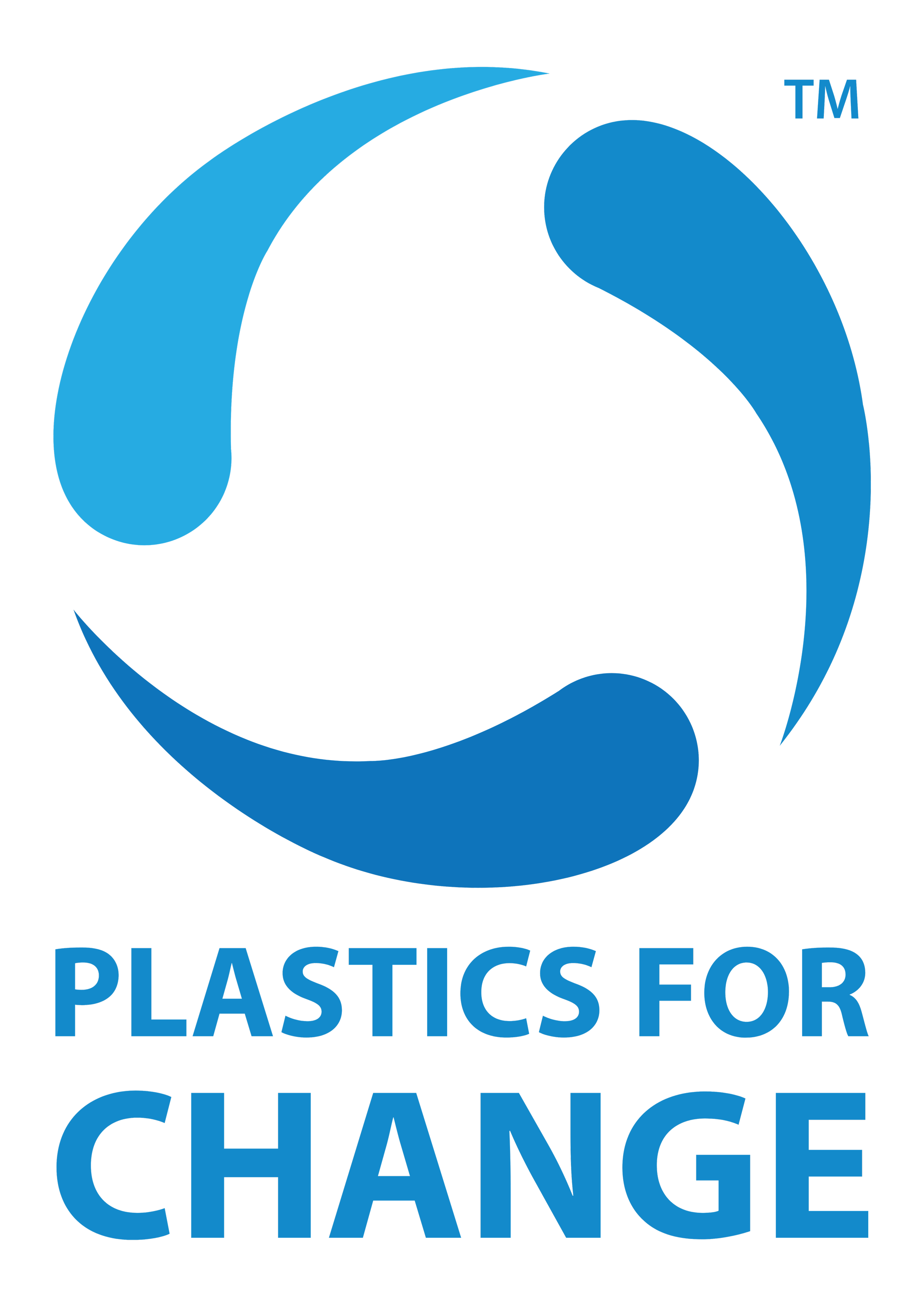Why Recycled Packaging Needs More Than Good Intentions?
(Source Credits: Plastics For Change)
Why Recycled Packaging Needs More Than Good Intentions
Packaging isn’t just a box or a bottle anymore. It’s a message. A statement of what a business values and how seriously it takes its responsibility toward people and the planet.
But while most brands have set bold targets for using recycled plastic, the reality is: getting there is harder than it looks.
Replacing virgin plastic with recycled plastic sounds simple on paper. But for procurement teams and packaging managers, it's anything but plug-and-play. The shift touches everything from supply chains and sourcing protocols to compliance, certifications, and consumer-facing narratives.
At the heart of it all lies one question: how do we make this shift without compromising on quality, traceability, or credibility?
Three Challenges That Keep Showing Up
Consistency of Quality: Recycled plastic, especially post-consumer recycled (PCR) — can vary in performance depending on sourcing and processing. Packaging teams often struggle to balance design intent with functional performance when using PCR.
Certifications That Actually Matter: With sustainability claims under increasing scrutiny, third-party certifications aren’t just nice-to-haves, they’re legal protection. But navigating which certifications are credible and which ones hold weight in global markets takes expertise.
Telling a Story That Holds Up: Today’s consumers can spot greenwashing. It’s not enough to say “recycled” brands need transparent, verifiable narratives about where their materials come from, who’s behind the process, and what impact it’s creating.
What Smart Teams Are Doing Differently
Auditing Their Supply Chains: Instead of just sourcing “recycled,” leading teams ask where it’s coming from, how it's processed, and whether it's traceable from end to end.
Integrating Compliance Early: They loop in legal, sustainability, and communications teams early in the packaging development process reducing risks later on.
Partnering with Purpose: Rather than treating recycled plastic as a commodity, they’re building relationships with suppliers who share their values and can deliver quality and accountability.
Recycled Plastic is a clear Strategic Shift
In the coming years, regulations will tighten, consumer expectations will rise, and supply chains will face more pressure to be transparent. Companies that treat recycled plastic as a strategic business input and not a checkbox, will be better positioned to lead.
If you're in procurement, sustainability, or packaging, this isn’t just about environmental compliance. It's about designing systems that make sense: commercially, ethically, and operationally.
At Plastics For Change, we help brands build ethical, traceable supply chains for recycled plastic — turning waste into opportunity.
If your team is exploring sustainable packaging solutions that align with business goals and global standards, let’s talk.
Learn more at www.plasticsforchange.org

